We may earn money or products from the companies mentioned in this post. This means if you click on the link and purchase the item, I will receive a small commission at no extra cost to you ... you're just helping re-supply our family's travel fund.
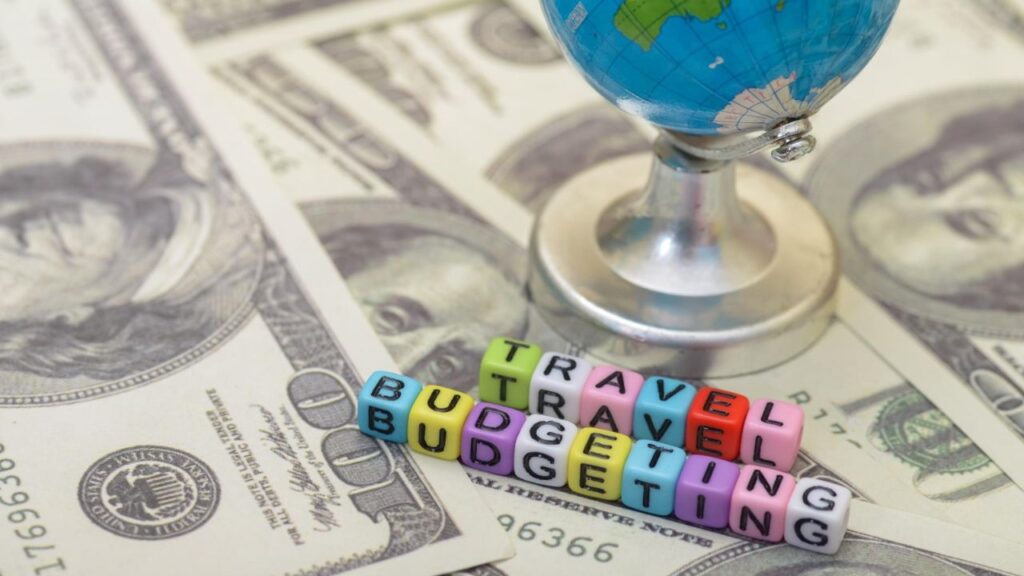
Travel doesn’t have to drain your savings. With the right strategy, you can explore the world without sacrificing comfort or adventure. These 15 smart, practical hacks will help you save on flights, food, lodging, and more so your money takes you further. Whether you’re a seasoned backpacker or a casual traveler looking to cut costs, these tips make the journey just as rewarding as the destination.
Plan and Book in Advance
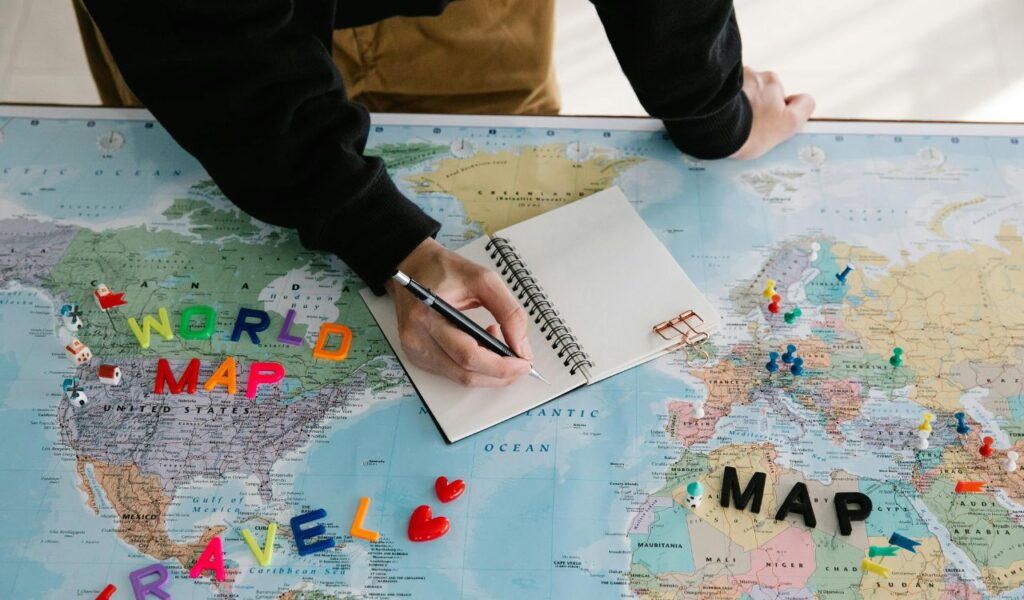
The earlier you research and book, the more money you’ll save. Flights and hotels usually offer the best rates weeks or months ahead of time. Planning early also gives you time to compare options, spot deals, and avoid price hikes. Use fare comparison tools, subscribe to deal alerts, and lock in prices before demand pushes them up. Last-minute bookings are rarely cheaper—unless you get lucky.
Travel During the OffSeason

Avoiding peak seasons means avoiding peak prices. Flights, hotels, and even attractions are cheaper when demand drops. You’ll also enjoy fewer crowds and better experiences. Shoulder seasons—just before or after peak months—are often ideal. Weather’s still decent, and the savings can be huge. If you’re flexible, travel when others aren’t and watch your costs shrink.
Be Flexible with Travel Dates
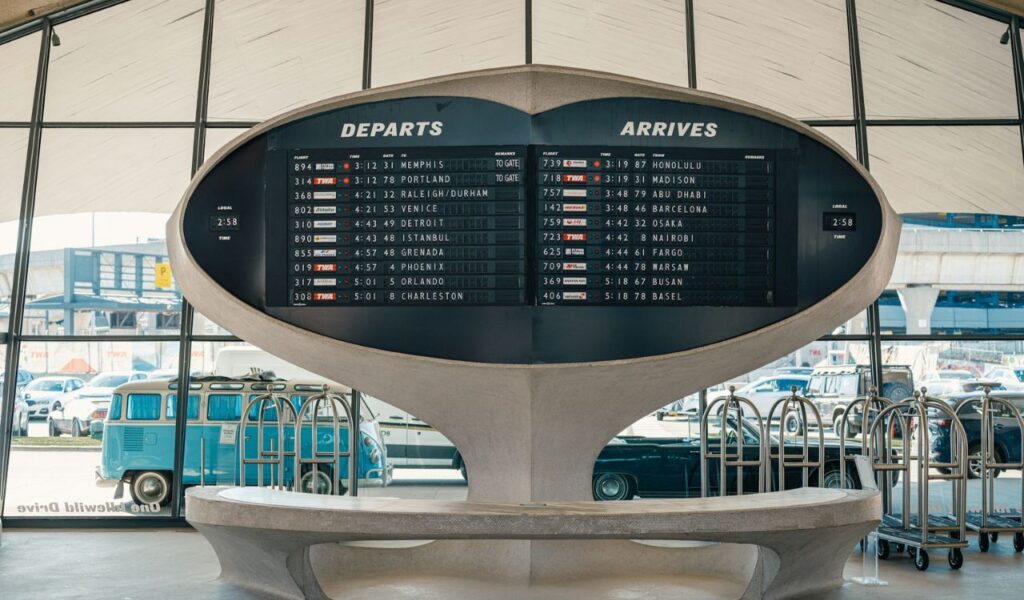
Sticking to specific dates can cost you. Prices fluctuate day to day, so keeping your schedule open can lead to big savings. Use fare calendars and price alerts to see the cheapest days to fly. Midweek flights are often cheaper than weekends, and flying early in the morning or late at night can also help you score a deal. Let your budget decide your departure.
Consider Budget, Friendly Destinations

Not all destinations hit your wallet equally. Some countries offer great value with low daily costs, especially in Southeast Asia, Central America, and parts of Eastern Europe. Even popular spots have cheaper cities if you look beyond the tourist centers. Swap Paris for Porto, or Tokyo for Taipei, and stretch your cash without sacrificing adventure or culture.
Embrace Public Transportation
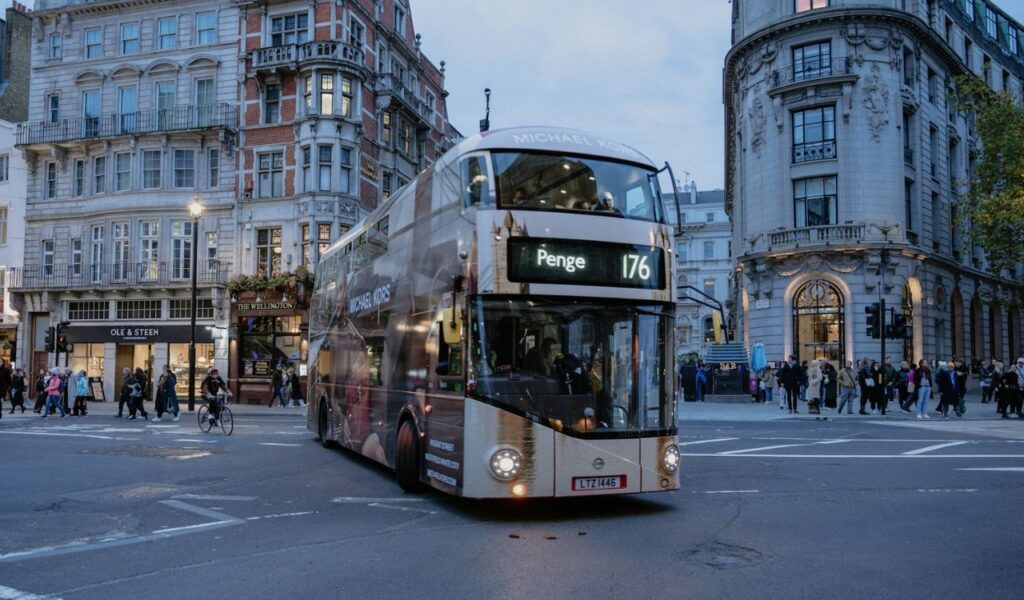
Skip the taxis and car rentals—trains, buses, and subways are cheaper and often more convenient. Many cities offer affordable day passes or reloadable cards that cover all routes. It’s also a great way to see how locals live. Apps like Moovit or Citymapper help you plan routes. Plus, you won’t waste money on parking or gas, and you’ll reduce your travel footprint.
Walk When Possible
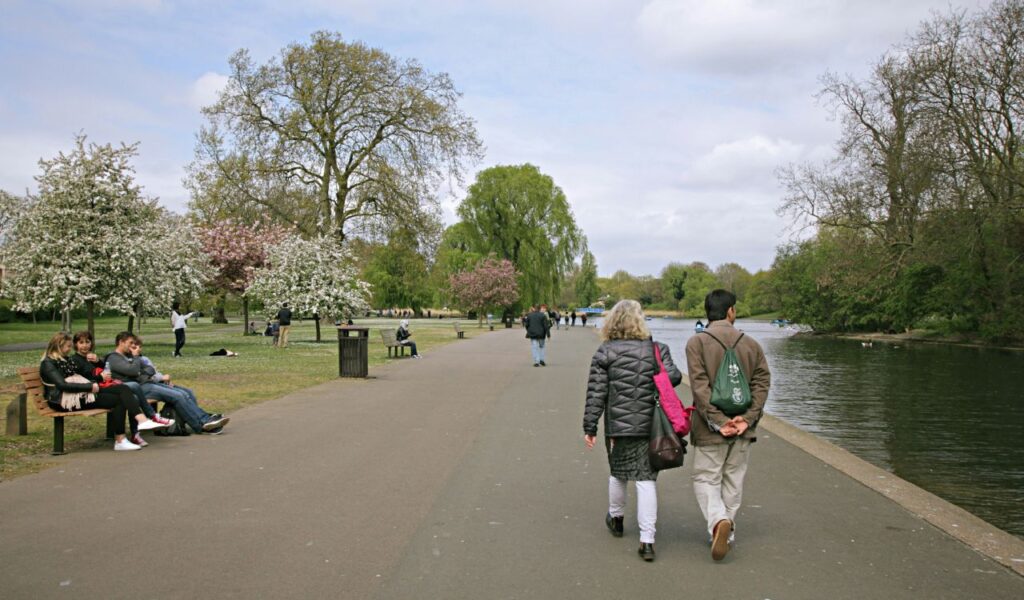
Walking saves money and gives you a better feel for a place. You notice street art, pop-up food stalls, hidden alleys, and quirky neighborhoods you’d miss by car. Use Google Maps to plan walking routes and discover scenic paths. Comfortable shoes go a long way—literally. You’ll save on transport, burn calories from all the street food, and uncover details most tourists skip.
Stay in Budget,Friendly Accommodation

Luxury hotels can eat up your budget fast. Instead, try hostels, guesthouses, budget hotel chains, or house-sitting gigs. Many platforms now offer affordable private rooms with great amenities. Read reviews, check for perks like free breakfast or airport transfers, and compare rates across apps like Hostelworld, Agoda, and Booking.com. The goal is clean, safe, and budget-conscious.
Cook Your Own Meals

Dining out for every meal adds up quickly. Opt for places with a kitchen or kitchenette and cook simple meals like pasta, eggs, or sandwiches. Grocery stores and local markets often sell fresh ingredients for a fraction of restaurant prices. Not only will you save money, but it’s a great way to explore local produce and flavors. Save dining out for must-try spots.
Eat Like a Local

Tourist traps are easy to spot—they’re near landmarks and charge double. Instead, go where locals eat. Visit street vendors, mom-and-pop restaurants, or local markets. Ask your Airbnb host or hotel staff where they eat. Food is fresher, cheaper, and often better. Use apps like Google Maps or Yelp to find well-reviewed places off the beaten path. It’s budget-friendly and authentic.
Take Advantage of Free Activities

Many cities offer free walking tours, museums with free entry days, public events, festivals, and open-air concerts. Parks, beaches, hiking trails, street art tours, and cultural landmarks often cost nothing. Do some research before your trip and make a list of free things to do. Sites like Meetup and Couchsurfing also list community events. Fun doesn’t have to be expensive.
Get a City Tourist Card
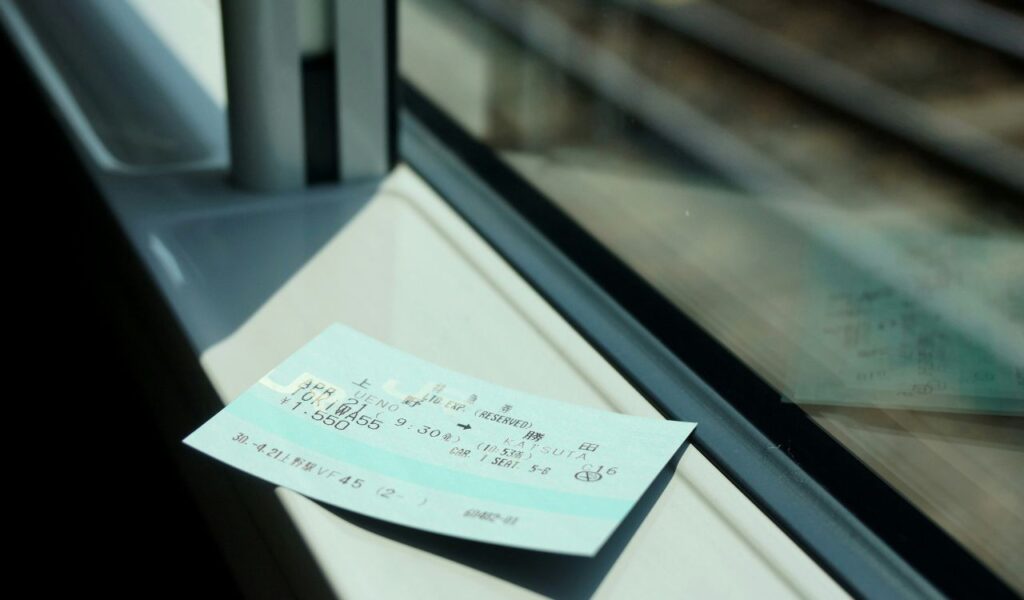
Tourist cards can unlock major discounts on transport, attractions, and even dining. Some include unlimited subway or bus rides, skip-the-line museum access, or free admission to landmarks. It’s worth it if you plan to see several sites. Compare the card’s cost to your planned activities. Popular in Europe, these cards often pay for themselves in a day or two.
Pack Light

Packing light saves money on baggage fees and saves your back. Most budget airlines charge extra for checked luggage, and heavy bags can limit your mobility. Stick to a carry-on with versatile clothing and essentials. Use packing cubes to stay organized and roll clothes to save space. You’ll also move faster, skip baggage claim, and reduce the risk of lost luggage.
Use Travel Credit Cards Wisely
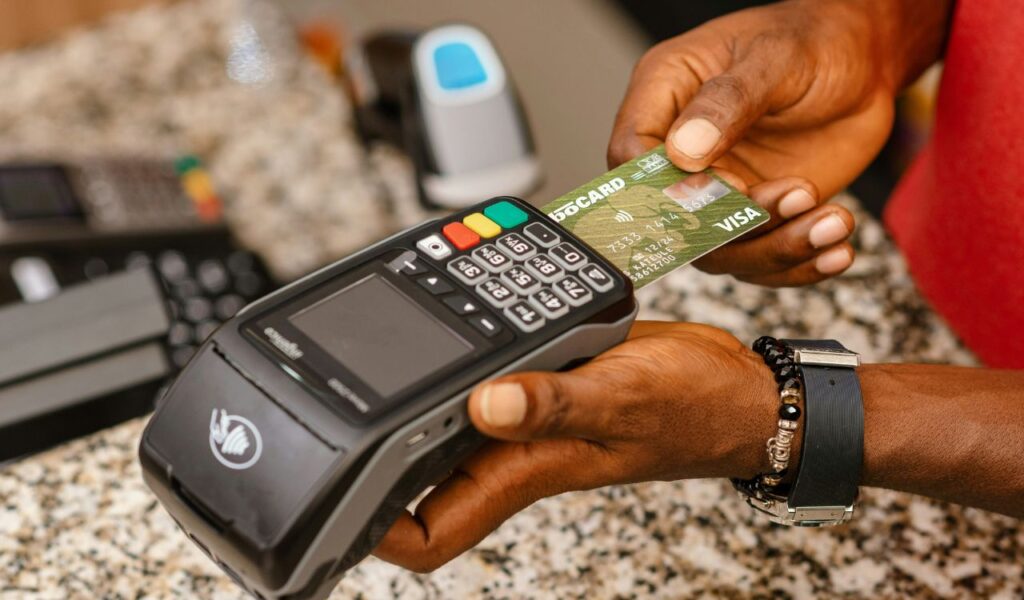
Travel credit cards offer perks like airline miles, cash back, and free checked bags—but only if used responsibly. Pay off your balance monthly to avoid interest. Some cards waive foreign transaction fees, saving you more abroad. Sign-up bonuses can earn free flights or hotel stays. Track your spending to avoid overcharging, and choose cards that match your travel habits.
Stay Connected with Local SIM Cards
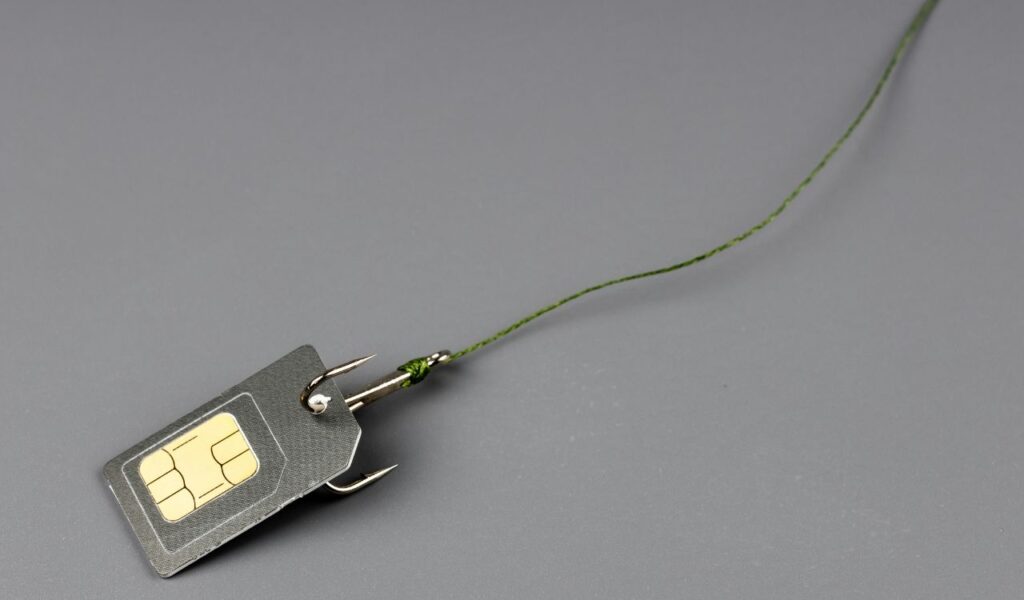
International roaming charges can wreck your budget. Instead, buy a local SIM card upon arrival—it’s cheaper and more reliable. Most airports sell them, or you can grab one from a local shop. They often come with enough data for maps, messages, and browsing. If your phone is eSIM compatible, you can even download one before landing. Staying online shouldn’t cost a fortune.
Track Your Spending

Little purchases add up fast. Keep tabs on your expenses using budgeting apps like Trail Wallet, Spendee, or even a simple spreadsheet. Knowing where your money goes helps you adjust in real time. Set daily limits and stick to them. Whether it’s coffee, souvenirs, or snacks, tracking helps prevent overspending. It also gives you peace of mind knowing you’re within budget.